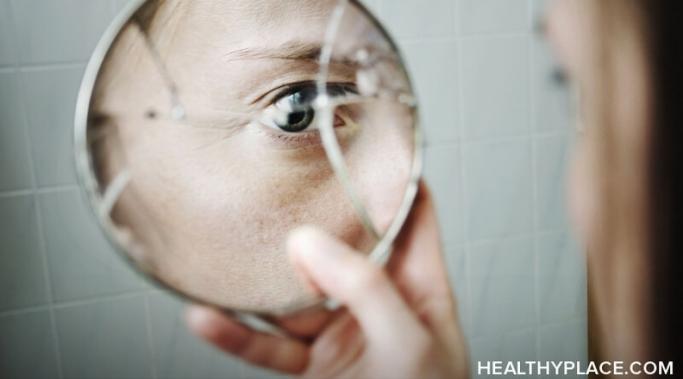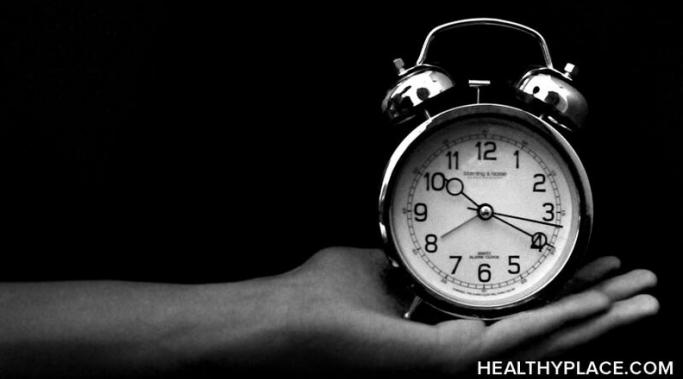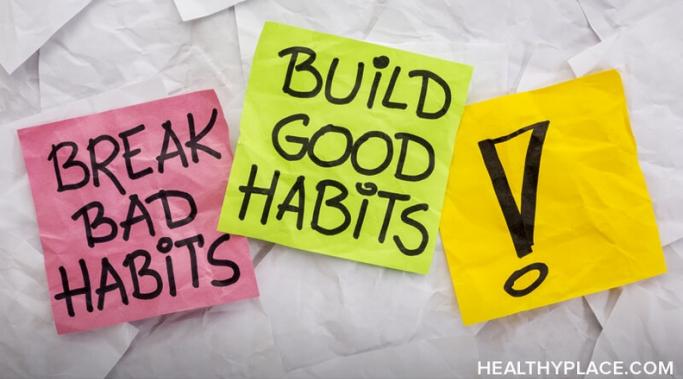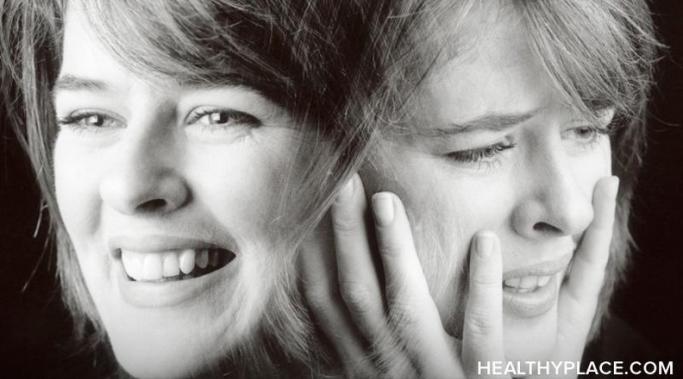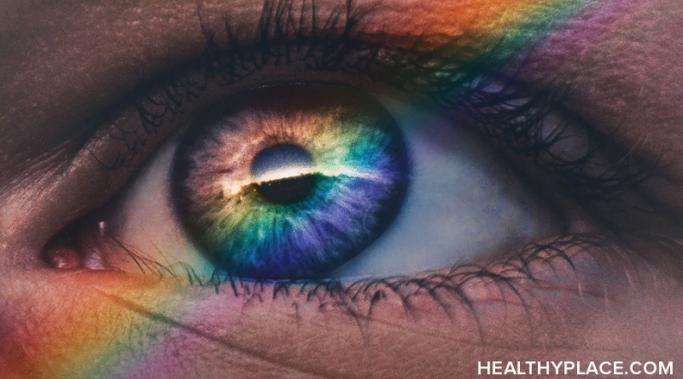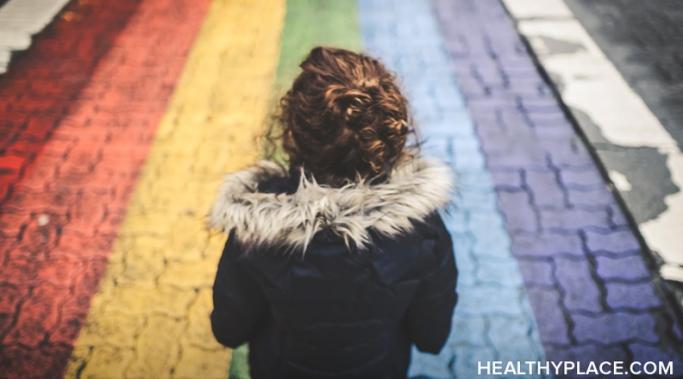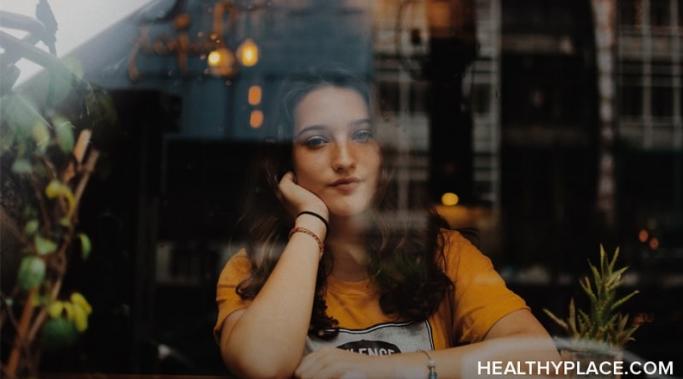As a lesbian who lives life outside of the closet, I have experienced my fair share of shame regarding my sexual orientation and gender expression. The LGBTQIA+ mental health community does not only experience shame based upon their sexual orientation, gender identity, and gender expression. These individuals also have to navigate shame feelings stemming from trauma experienced in their pasts.
Managing Emotions
It may seem strange to talk about taking care of our mental health during Pride Month. Pride is a time of joy, fun, and liberation as we celebrate our collective history and identities as queer people. Pride is definitely something I look forward to every year (and I am not above going overboard with rainbow glitter and motifs), but it can also be an emotionally charged time as we confront the ongoing discrimination and systemic oppression that continue to impact our community and daily lives.
Sleeping with purpose has worked wonders regarding my nightmares associated with posttraumatic stress disorder (PTSD). I struggled for years to obtain restful sleep due to nightmares and flashbacks related to my PTSD. I learned that being present before sleep at night allowed my mind to rest emptily and instead of it being full of thoughts. Here are some ways that helped me, and hopefully will help you, in being active and present in my sleep or sleeping with purpose.
I need grounding techniques because I carry a diagnosis of posttraumatic stress disorder (PTSD). This diagnosis has many symptoms that I have struggled to gain control of over the years, the most prevalent being my severe anxiety.
My mental health caused me to visit a psychiatric hospital when I was 19 years old. I had never experienced hospitalization for my mental health, nor did I have adequate coping skills going in. In addition to my mental health deteriorating, I had just come out as a lesbian. I was searching to find my place in the lesbian, gay, bisexual, transgender, queer, intersex, asexual, etc. (LGBTQIA+) community. I found ways to cope once in the hospital, though. Read further to see what helped me cope during this dark time in my mental health past.
The new year ahead has caused me to reflect upon the major ways I advocated for my mental health needs to gain back stability; after all, the past year has been rough on my mental health. The year brought about new struggles for my anxiety and new lows in my depression. My posttraumatic stress disorder (PTSD) flared with the added trauma of the pandemic as well. These changes required me to reach out for help. I realized my mental health was affected by my lack of feeling comfortable regarding my treatment when reaching out for help and advocating for my mental health needs.
The holidays can be a difficult time for those struggling with anxiety or other mental health issues. Those in our lesbian, gay, bisexual, transgender, queer, intersex, asexual, etc. (LGBTQIA+) community struggling with anxiety have an added layer of difficulty during the holidays. I haven't celebrated a holiday with my family in many years. This is due to both my sexual orientation as well as my difficulties with mental illness. For those LGBTQIA+ individuals who have no ties to their family or a strained relationship with family, this time of year can be less than joyous. How can we rally to help our LGBTQIA+ mental health community feel more included?
I have identified as a lesbian for as long as I have battled anxiety. I came out to my family and friends 13 years ago, unaware that my sexual orientation would be one of the biggest triggers of my anxiety symptoms. Those in the lesbian, gay, bisexual, transgender, queer, intersex, asexual, etc. (LGBTQIA+) community who also have a mental illness face many obstacles regarding public treatment. The constant worry of judgment and non-acceptance when out in public can lead to heightened anxiety. Holding on to what we can control and educating others about our community can help calm this worry.
Anxiety makes me ache because it leads me to hold tension in my shoulder and neck area. My anxiety is a frequent occurrence in my life. This means these muscles are tense regularly and have an impact on my physical relaxation. I have used meditation and mindfulness for many years to provide relaxation for my mind. These techniques leave my mind relaxed, but my body tense after moments of anxiety.
Talking is something that has never failed to help me positively navigate my depression. Empathetic conversations with friends are soothing to me in moments of intense sadness related to my depression. Not all conversations with a trusted individual go as planned though.
